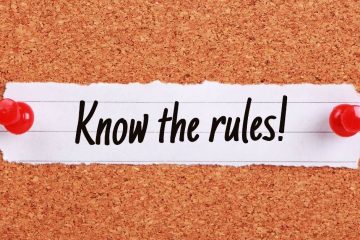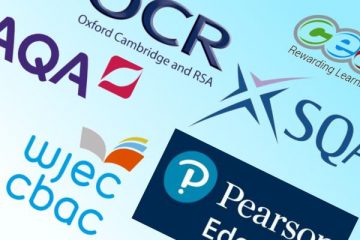I cover all school examination boards, customising the work studied in our tutorial sessions to be the same as the board’s specification (and tier if applicable).
Specifications
I cover ALL of the specification, not just the bits covered at school. Sometimes schools accidentally or deliberately miss a bit. Usually this is a mistake when teachers are ill or sometimes they don’t like a bit. I don’t miss anything as anything can (and does) come up in the exam.
Teaching Method
I use Rosenshine’s Instructional Principles and the Socratic method, agreed to be the best method of teaching. It is only practical in very small groups, so I can get away with it unlike teachers in schools who have to cope with 10+ students at a time.
This method means I concentrate on question and answer. We talk through every bit of the syllabus by me asking detailed questions on everything. If the answers are perfect (rarely) we just move on. When the answers show an error in understanding or memory (usually) then I talk and scribble to show the correct knowledge and then question this too.
I treat Maths differently. What matters most in maths is showing working and this is where most students fail. I concentrate on developing the habit of showing the examiner/teacher how you got the answer – obvious but crucial where most of the marks are for working not the answer.
I don’t waste valuable student time with them writing, or even me writing in neat. I leave printed summaries of all the material I have covered and even mindmap summaries of the summaries.
Some students initially dislike or are uncomfortable with my method as there is nowhere to hide. I am not satisfied with regurgitated answers that they don’t understand, nor can they ignore a question or just say “don’t know”. This Spanish inquisition is what you pay for. Within a few sessions we develop a good relationship and they get used to the interrogations.
I don’t give specific homework in sciences as they have a lot of that from school, but I do check back each week on work we did together. In science I set a small number of problems to test their ability to carry out the topic we covered, but don’t give the 30-50 questions schools do.
We also create a definition bank and method bank (maths).
Lesson content
It is usually best that I cover the work that the school teacher has just finished. This means I can check understanding, correct any errors and reteach if necessary before wrong information gets learned.
This approach means I need to know what has been covered in class a day or so before our sessions. Nowadays this is normally a quick text or email from the student. If I don’t get the information I have to guess and this is not quite as good as I might bring the wrong materials.
I provide a record for parents and students of the material we have covered during a session so that we all know how things are going. I am happy to chat to parents about progress and predicted grades at any time.
Examination Practice
I integrate both study skills (how to learn efficiently in lessons and for exams) and also examination practice. I will plan ahead with you and your son/daughter for internal school exams and actual external GCSE exams and build in practice with past papers.
The value of past paper practice is in learning how to deal with the stress of examination under time pressure and also learning how to read and answer questions to get highest marks. The boards change the questions a lot every year and you cannot get better just by practicing papers over and over, in fact the evidence is you get worse.
Mathematics
Teaching maths is different from teaching science. You can make a number of small mistakes in science work and still get the exact right answer. In maths accuracy is almost as important as knowing the methods.
In maths there are hundreds of variations on each mathematical idea. So, for example you learn about equations of straight lines then you have to practice lines with large and small gradients, those with no gradient and those with negative gradient. In school they can overdo this (to create time for the teacher to go around) whereas I can stop the repetitions once the student really gets it and before they get bored or frustrated.
Logic and layout are also important to gain all the marks in mathematics problems. I concentrate, particularly in early work in getting a strong logical method in how questions are answered and laid out. By the time we get to exams some of the detail we use can be dropped as it has become automatic but the same logical process is being carried out in the students head, making the answer and working easy to follow for the examiner. A tidy layout of an answer is really important in maths. Its no good getting the right answer but losing marks for working by not showing them clearly.
We also spend time over the sessions to practice how to identify the method and tactics used for difficult questions which are almost all a combination of different maths skills together, say algebra and fractions.
A final area I can deal with better than a class teacher is that I have time to explain ideas in as many different ways as it needs for each student to understand completely. In a class the teacher has to move on – I don’t need to and don’t.
Alternative styles
I am happy to talk about changing to another method of teaching if you prefer one, but there might be consequences. My methods have been developed over 30+ years of successful teaching in schools across London and the South East. I am willing to guarantee my methods but if I change to a way you prefer I will do my best but often cannot guarantee the method works.
Think of a plumber coming to fit your new bathroom. You might choose the sinks, baths and colours but the actual plumbing and fitting is left to him/her. If you want a particular way of pipes then you often are told it is at your own risk.


